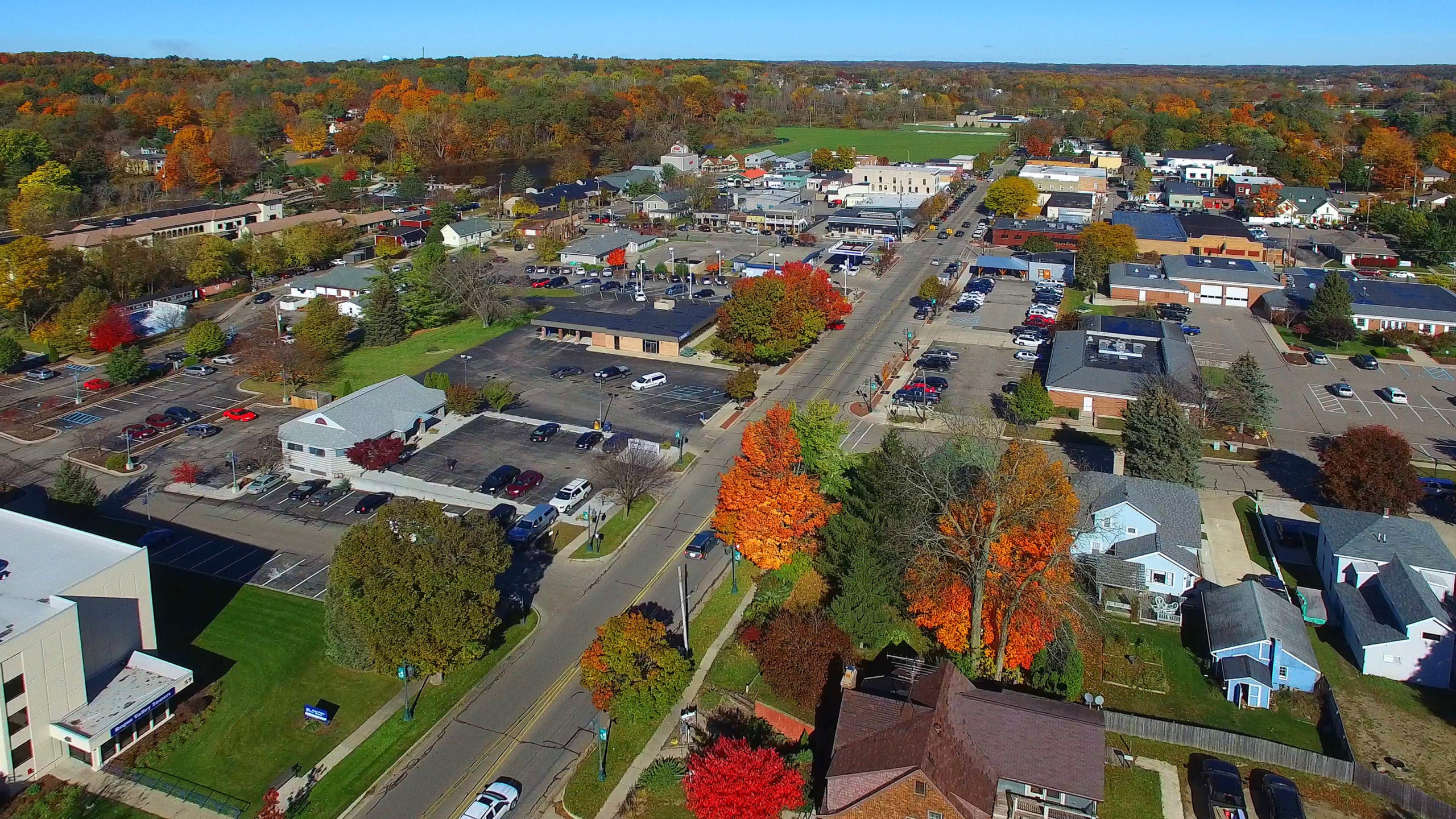Rockford, Mi

The city of Rockford, Michigan, is only 10 miles from Grand Rapids and is located on the Rogue River banks in Northern Kent County. The City of Rockford has managed to maintain its small-town charm and ambiance while providing the amenities of a larger metropolitan area to its residents, patrons, and local merchants. The City of Rockford is truly a gem in the West Michigan area, with quaint shopping boutiques and excellent outdoor activities.
History Of Rockford Michigan
Native American tribes such as the Hopewell, Mascouten, and Ottawa were the first to visit and settle in the Rockford, Michigan, area. Although no Native American settlements have been discovered in the Rogue River valley, their trails branched through the land and were noted by early surveyors. Smith Lapham, who had lived in Washtenaw County for 18 years before coming to Kent County in 1843, was the first significant settler of Rockford’s city. Smith Lapham arrived on the Rogue River’s banks to assist in the completion of a dam and sawmill that a William Hunter had started. Hunter gave Lapham 40 acres of land on the east side of the Rogue for his trouble, which he lived on for the rest of his life. Hunter quickly exited the area. On his side of the river, Lapham built a sawmill, which he finished in 1844. John Long, Freeman Burch, and William Thornton were among the first settlers. The settlement had about five houses by the fall of 1845. The settlement was dubbed Laphamville because it was largely built on land owned or sold by Smith Lapham. The Grand Rapids and Indiana Railroad Company began building a railroad through the village in 1865. When a newly arrived resident from Rockford, Illinois, proposed his former town’s name, he claimed it was derived from the shallow, rocky ford below the dam where travelers crossed the river. The railroad advised the residents to adopt a shorter name. The new name received only a narrow majority of votes. It was renamed Rockford in 1865 and incorporated as the Village of Rockford with 315 residents in June 1866.
Arts & Entertainment In Rockford
Rockford is just 15 minutes from downtown Grand Rapids, is brimming with small-town charm and ambiance. A charming downtown bustles with activity on the banks of the scenic Rogue River. Lakes, trails, parks, and golf courses are all nearby, providing plenty of recreational opportunities. Rockford, one of West Michigan’s premier destinations, is friendly, family-oriented, picturesque, and relaxing. At The Corner Bar, a Rockford tradition since 1935, residents can eat their way into the Hot Dog Hall of Fame. At Reds on the River, people can enjoy a spectacular meal while admiring a spectacular view. At Cedar Rock Café, start your day with a hearty breakfast. Custard by the Dam is a great place to get a sweet treat.
Rockford, MI Demographics

- Population: 6,391
- Average Age: 34.1
- Male 49.1%, Female 50.9%
- Populations Under The Age Of 18: 25.7%
- Population Over The Age Of 65: 12.1%
- Persons Per Household: 2.67
- Median Home Value: $187,600
- Median Household Income: $64,920
- Average Work Commute: 25.4 min
Public Education In Rockford
The city of Rockford is provided public education from the Rockford Public School District. Rockford schools include: Elementary Schools
- Rockford Virtual
- Parkside
- Rougewood
- Cannonsburg
- Valley View
- Lakes
- Crestwood
- Belmont
- Meadow Ridge
Middle Schools
- East Rockford
- North Rockford
- Rockford Virtual
High Schools
- Rockford Freshman Center
- River Valley Academy
- Rockford Virtual
- Rockford Adult Education
- Rockford High School
Rockford’s Government Structure
The City of Rockford is governed by a council–manager form of government, which is used by roughly 40% of American cities with 2,500 or more people. Rockford’s City Council is responsible for the municipality’s legislative function, including passing local ordinances, establishing policy, voting appropriations, and developing an overall vision under the council-manager form of government. The legislative body, which is elected by the public, appoints a professional manager to oversee administrative operations, implement policies, and provide advice. The council elects the “mayor” from its members. The city manager’s job is similar to that of a corporate CEO in that it provides professional management to the City Council. The City Council is in charge of making significant decisions and acting as a representative of the citizens. The city manager is then in charge of hiring city staff to enforce city ordinances.
